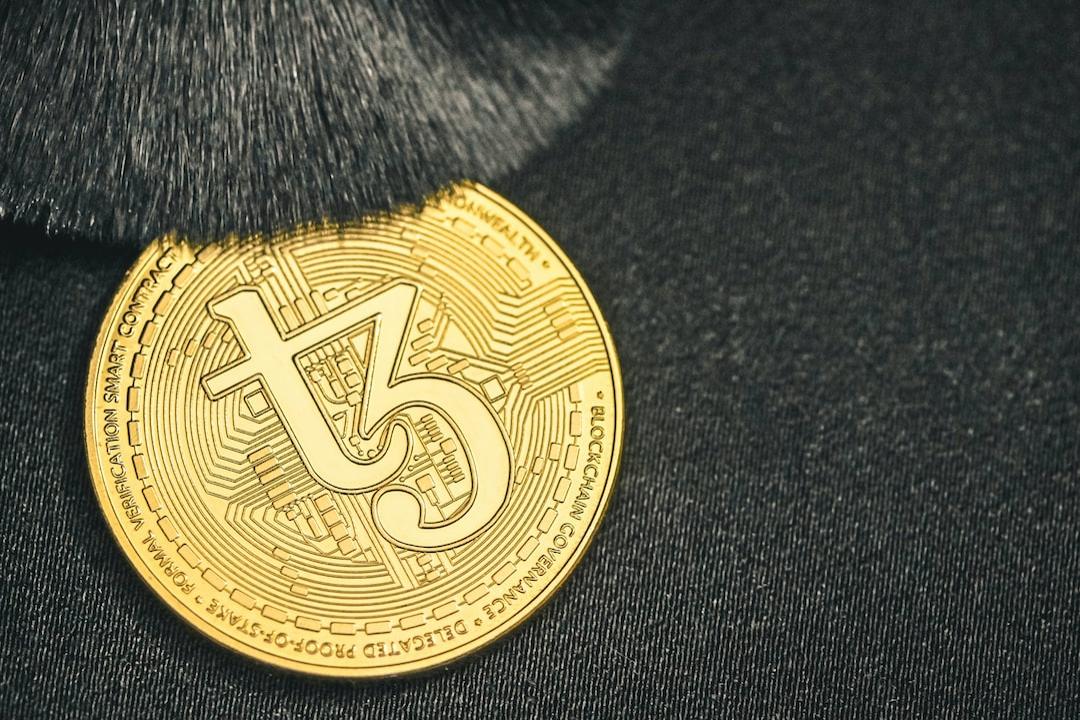Bitcoin ETFs have now accumulated over one million BTC, which is valued at approximately $69 billion. This accounts for 5.076% of Bitcoin’s circulating supply, showcasing the rapid growth of the sector. Despite experiencing losses for several months, Grayscale remains the leading ETF. However, BlackRock is quickly closing in on Grayscale and is expected to surpass it this week. Non-US ETFs are also playing a significant role in the sector’s expansion.
The approval of Bitcoin ETFs has led to an unprecedented surge in growth, with over 6,000 BTC being acquired daily since their launch in mid-January. To provide context, miners currently produce only 450 BTC per day due to the halving event in April that reduced the block reward. The ETFs now collectively hold 1,002,343 BTC, which is valued at over $68 billion.
Grayscale, despite experiencing substantial losses since January, still holds the most significant amount of Bitcoin with 289,040 BTC, valued at just under $20 billion. BlackRock’s IBIT is close behind, holding just two thousand fewer Bitcoin for a total of $19.8 billion in assets under management. If the current trajectory continues, IBIT is projected to surpass Grayscale and become the largest digital asset ETF in the world this week.
Fidelity is another major player in the sector, holding over 161,000 BTC worth just over $11.1 billion. ARK 21Shares and Bitwise are the only other US issuers with ETFs that hold over 10,000 BTC, with Cathie Wood’s investment firm having a slight advantage over the San Francisco-based crypto investment manager.
In the US, ETFs collectively hold 855,619 BTC. Canada’s Purpose Bitcoin ETF holds the largest amount outside of the US, with over 27,000 BTC valued at $1.87 billion. Other notable players include Germany, Switzerland, the Channel Islands, and the Jersey Islands.
Although Hong Kong made a significant impact with the launch of its ETFs, its largest product holds just over 1,500 BTC, valued at $108 million, which is not enough to rank among the top 25 ETFs globally. However, Hong Kong remains optimistic about the future of its ETFs and has dismissed claims of underwhelming investor interest.
As for Bitcoin’s future, the introduction of ETFs led to a price surge that propelled BTC to an all-time high in March. However, the cryptocurrency has struggled to maintain momentum since then. Its current price is $68,388, trading sideways over the past day with a slight dip on the weekly chart. Despite this, its market cap remains above $1.3 trillion, and its dominance in the crypto market is over 52%.
Some analysts believe that it is only a matter of time before institutions are compelled to invest heavily in Bitcoin due to game theory. This theory suggests that rational actors make decisions based on the actions of their peers to maximize their own interests. In the case of Bitcoin, institutional players are likely to pour billions into the cryptocurrency once they observe their peers doing the same. Already, prominent institutions such as Morgan Stanley, JPMorgan, the State of Wisconsin, George Soros, Blackrock, Fidelity, and Franklin Templeton have entered the market. According to game theory, it won’t be long before others follow suit and push Bitcoin to new heights.

